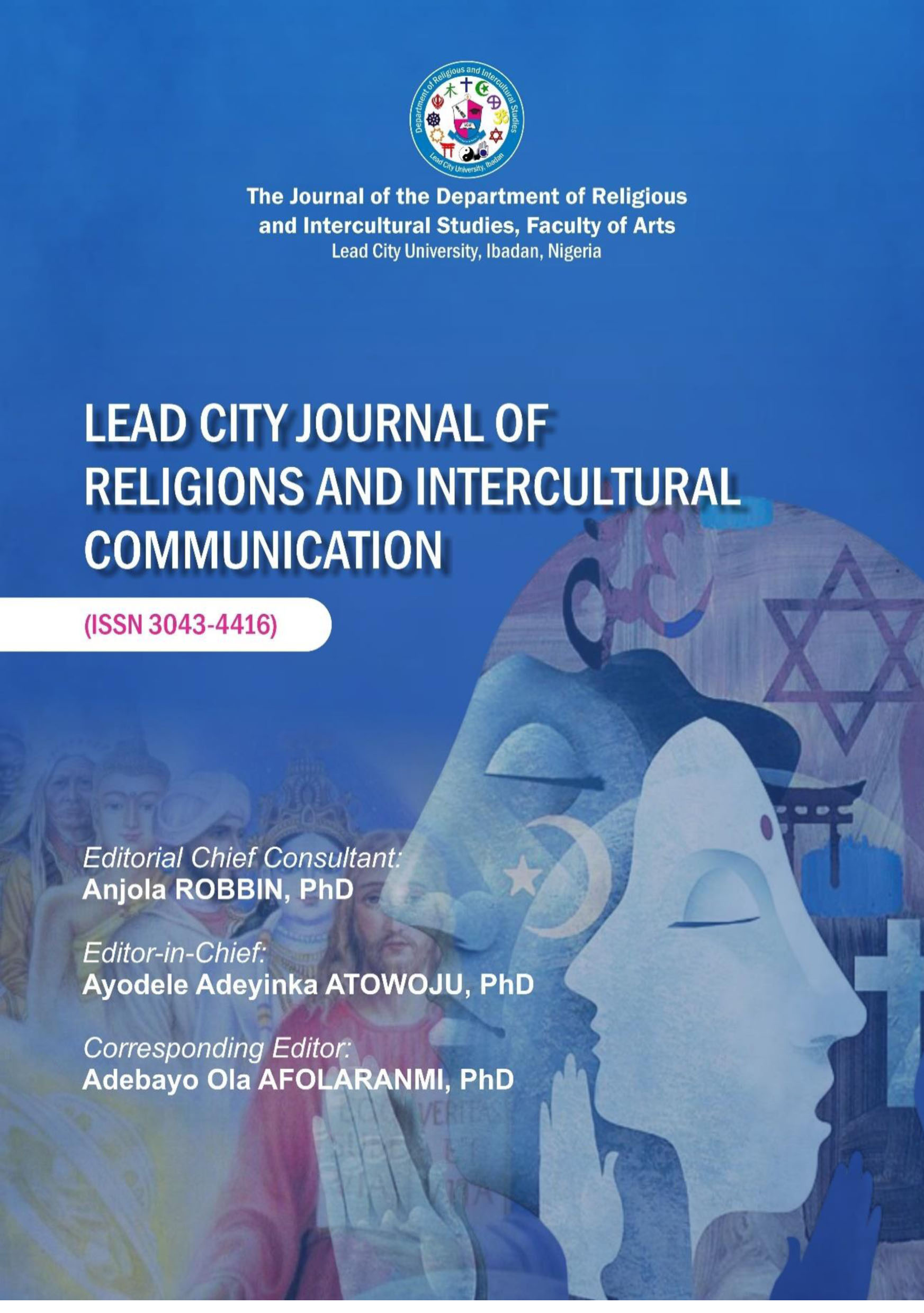The Intersection of Faith and Morality: Exploring the Role of Religious Ethics in Nigeria
Keywords:
Faith, Morality, Religious EthicsAbstract
This study explored the intersection of faith and morality in Nigeria, a
nation deeply rooted in religious traditions where faith plays a central
role in shaping societal values and norms. Despite widespread religious
adherence, the country faces persistent challenges in aligning faith with
ethical conduct, as evidenced by high levels of corruption, inequality, and
social injustice. These issues highlight a disconnect between religious
teachings and their practical application in daily life. The study defined
key concepts such as faith, morality, and religious ethics, employing
Social Learning Theory and Virtue Ethics Theory to examine how
religious principles influence individual behaviour and societal
standards. The research highlighted the significant role of religious ethics
in promoting moral behaviour across governance, education, and
community development, while also identifying gaps in translating
religious principles into ethical practices. To address these challenges, the
study recommended value-based education to foster moral reasoning,
interfaith collaboration to promote shared ethical values, and
institutional reforms to enhance transparency within religious
organisations. It also emphasised leveraging digital platforms to
disseminate moral teachings and encourage ethical behaviour. The study
concluded that fostering a culture of ethical integrity and social justice in
Nigeria requires coordinated efforts from religious institutions,
educational systems, and government bodies.

